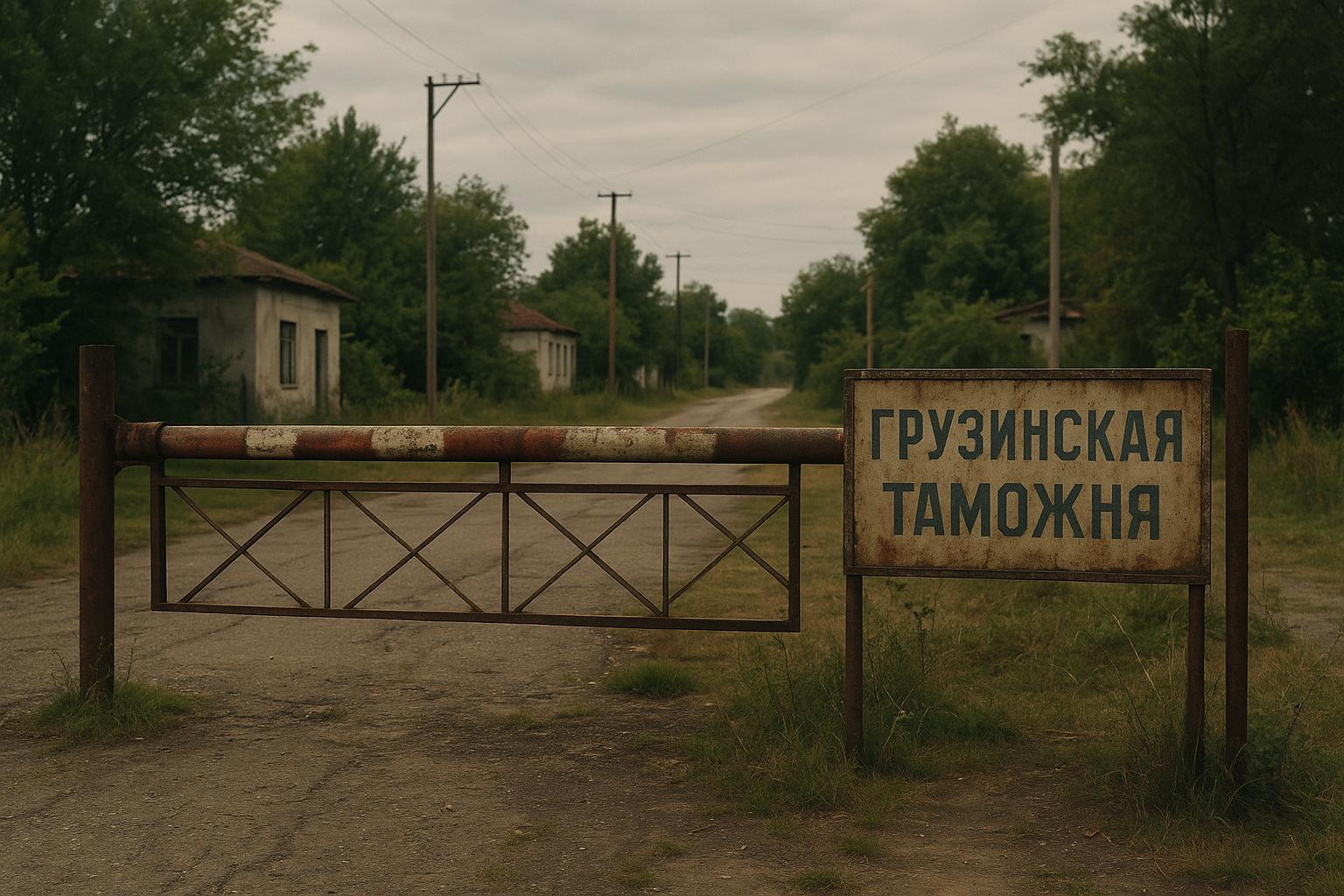Since Russia’s invasion of Ukraine in 2022, the European Union has dramatically reduced its trade with Russia, but complete severance has not occurred. By mid-2025, EU imports from Russia had sharply declined, yet trade persisted in certain key areas, especially energy-related products, fertilizers, and some raw materials. Data from Eurostat and trade analyses show that while imports fell significantly, seasonal and contractual factors caused fluctuations rather than a total halt. The continued, albeit reduced, trade reflects a complex interplay of economic necessity, strategic calculation, and the practicalities of enforcement.
Europe’s longstanding dependence on Russian energy supplies partly explains why some flows have continued. Despite efforts to diversify and reduce reliance, pipelines, contracted shipments of liquefied natural gas (LNG), and other fuel deliveries remain operational during a phased transition. Immediate disruption could risk severe supply shocks and sharply higher prices, threatening both industry and agriculture. The EU’s sanctions are designed to target specific sectors and actors while allowing exemptions for legitimate civilian trade, grandfathered contracts, and essential goods not covered by sanctions frameworks, such as fertilizers and some metals. However, enforcement challenges and legal exceptions have created opportunities for continued Russian exports under the radar.
Another factor mitigating the impact of sanctions is the rerouting of Russian commodities via global third-party hubs and through Asia and the Middle East, demonstrating Russia’s ability to find alternative markets despite Western embargoes. Such reorientation allows Russian goods to reach European markets indirectly, sometimes disguised through re-labelling or blending with other products. This circumvention undermines the full impact of sanctions, with EU officials expressing concern about these loopholes. The EU’s response has been to strengthen sanctions over time, culminating in a recent 19th package adopted in October 2025 that includes a phased ban on Russian LNG imports, starting with the end of short-term contracts by mid-2026 and closing long-term deals by January 1, 2027. This move exemplifies the EU’s commitment to further weaken the economic foundations of Russia’s war effort while balancing internal costs.
Amid this backdrop, Georgia has drawn significant scrutiny. Its geographical position and trade patterns make it a critical transit point. Investigations have flagged Georgian ports as conduits for Russian petroleum and other products moving onward to Europe, complicating enforcement of the embargo. Georgia’s smaller ports, opaque ownership structures, and spot market transactions create challenges in tracking product origins and beneficial ownership compared to the tighter customs controls of the EU. As Georgia is not an EU member and operates outside the union’s regulatory framework, the enforcement of embargoes is inherently more difficult. The risk of goods being re-labelled or rerouted through Georgia has prompted EU watchdogs and policymakers to press for stronger oversight, wary that circumvention through third countries threatens the sanctions’ effectiveness.
The EU’s call for stronger enforcement in Georgia intersects with political concerns. European officials have publicly criticised backsliding in Georgian governance and perceived weaknesses in rule of law and anti-corruption efforts. Such governance challenges make cooperation on sanctions enforcement more complex and politically sensitive. Critics argue that this leads to an uneven playing field, with Georgia bearing disproportionate pressure compared to EU member states facing similar enforcement issues within internal supply chains.
Georgia itself insists that its cautious stance toward Russia stems from a precarious security environment rather than pro-Russian alignment. The country endures occupation of around 20% of its internationally recognised territory by Russian forces in Abkhazia and South Ossetia, alongside an absence of explicit Western security guarantees. Unlike Ukraine or NATO members, Georgia lacks collective defence commitments, leaving it exposed to political and military coercion from Moscow. Georgian officials argue that a confrontational anti-Russia position risks severe economic and military retaliation without assured Western protection. Their "calibrated neutrality," they say, is a survival strategy aimed at maintaining stability while continuing EU integration efforts. However, this balancing act risks eroding trust with Western partners, who are increasingly wary of Georgia’s role as a transit hub that may facilitate circumvention of sanctions.
The EU faces a delicate policy trade-off. While it seeks to maintain pressure on Russia by tightening embargoes and closing enforcement loopholes, it must also weigh the economic and political costs within member states and allied neighbours. Energy dependencies, industrial needs, and transitional challenges mean full decoupling is a gradual process. Sanctions packages, such as the recent October 2025 measures, are progressively designed to phase out Russian LNG imports, clamp down on Russia's shadow tanker fleet, and restrict financial networks including crypto sectors, targeting the backbone of Russia’s war economy. These measures, endorsed after overcoming internal EU political blocks, signal a strategic intensification of sanctions.
For Georgia, the way forward involves diversifying trade and energy partnerships, enhancing customs controls and compliance regimes, and realigning politically with Western institutions to restore trust. The EU, for its part, aims to improve transparency, cross-border enforcement, and cooperation to prevent Russia-related trade circumvention. Striking the right balance between firm sanctions enforcement and pragmatic economic realities remains a complex but critical task as the geopolitical and security stakes continue to evolve in the region.
📌 Reference Map:
- Paragraph 1 – [1] (FinChannel), [2] (Reuters)
- Paragraph 2 – [1] (FinChannel), [3] (AP News)
- Paragraph 3 – [1] (FinChannel), [7] (Intellinews)
- Paragraph 4 – [1] (FinChannel), [7] (Intellinews)
- Paragraph 5 – [1] (FinChannel), [7] (Intellinews)
- Paragraph 6 – [1] (FinChannel), [2] (Reuters), [6] (European Commission)
- Paragraph 7 – [1] (FinChannel), [7] (Intellinews)
Source: Noah Wire Services
